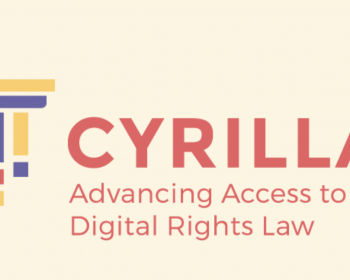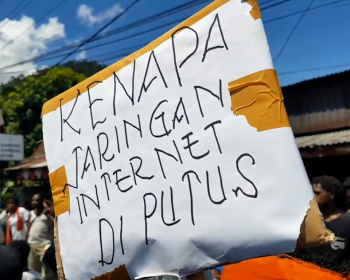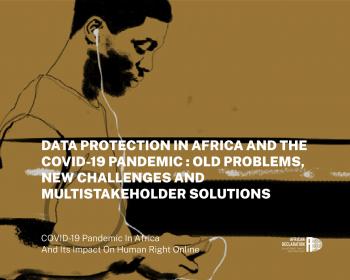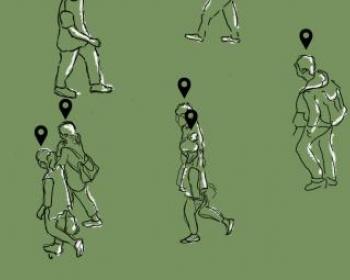ICT policy
Cracks within the Namibian education system have been exposed by COVID-19, and the detrimental effects they pose to the right to development and access to knowledge, as set out in Principle 7 of the African Declaration on Internet Rights and Freedoms, have increasingly become apparent.
For decades, the internet has not reached all areas in Sudan proving the lack of real governmental effort to implement the principles of the African Declaration on Internet Rights and Freedoms.
The analysis of the sphere of movement building and internet governance in North Africa leads inevitably to assess the shrinking of digital space and online mobilisation during the COVID-19 pandemic in the region.
The African Declaration on Internet Rights and Freedoms and the Feminist Principles of the Internet advocate for an internet that is accessible, available, useable and affordable to all persons, without discrimination. Realising these principles has become increasingly urgent in the context of the COVID-19 pandemic.
COVID-19 has led to a surge of efforts by both state and private actors to manage the pandemic itself, and the consequences of it, with the aid of technology. Yet privacy has immediately been cast as a required trade-off in the efforts to combat the disease.
From 10 - 12 June, CYRILLA and APC hosted a Twitter campaign. The purpose of #DigitalLawsAsia was to explore the human rights impacts of digital regulation in South and Southeast Asia.
Earlier this month, the Jakarta State Administrative Court declared as illegal the internet shutdowns in Papua and West Papua enforced by the Indonesian government in 2019.
Al Munasq, a dangerous application launched by Israel’s Coordination of Government Activities in the Occupied Palestinian Territory (COGAT) unit last year, violates Palestinians' privacy and can lead to other human rights violations.
Data protection in Africa can still be described to be in its nascent stage. Most African states do not have a data protection law. This paper by Tomiwa Ilori considers the status of data protection in Africa and the impact of public emergencies like the COVID-19 pandemic on data protection in Nigeria, Senegal, Uganda, Kenya, Morocco, Tunisia, South Africa and Mauritius.
The COVID-19 pandemic has resulted in a need for solutions to “flatten the curve”. This essay by Rumbidzai Matamba and Chenai Chair employs the use of the South African government’s contact tracing initiatives to assess whether the social contract theory can be employed as a tool to justify privacy violations for public health.

Association for Progressive Communications (APC) 2022
Unless otherwise stated, content on the APC website is licensed under Creative Commons Attribution 4.0 International (CC BY 4.0)












